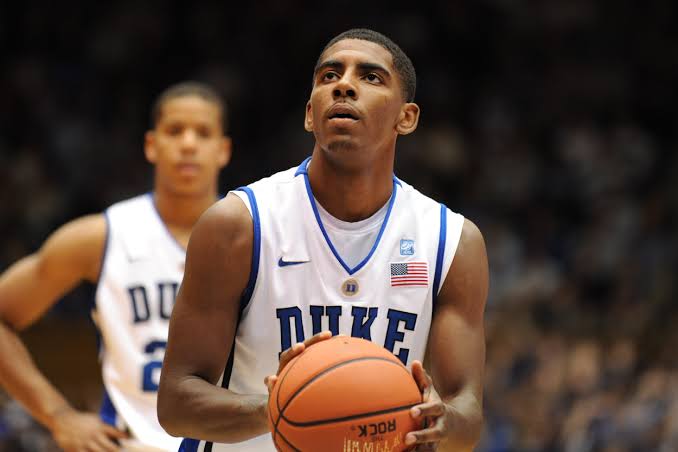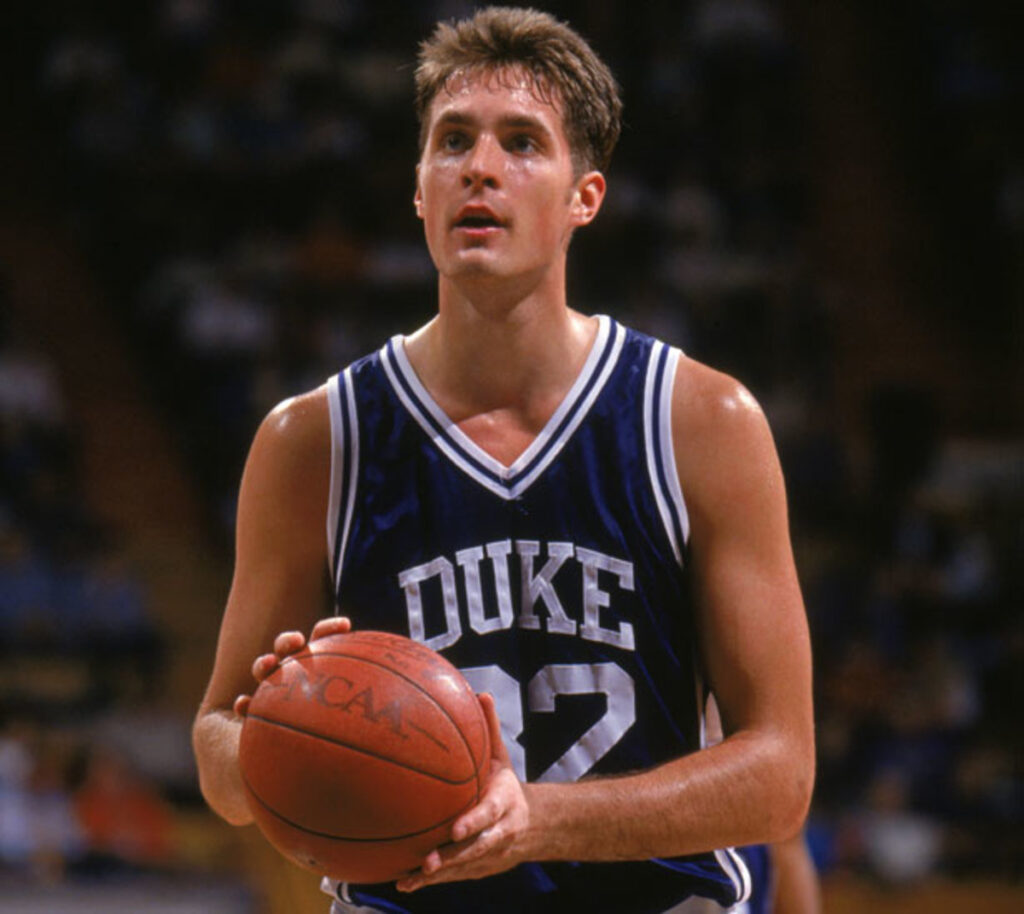
The Crown is His: Laettner Voted Greatest College Player of All Time
A Look at the Unparalleled Resume That Put Christian Laettner Over the Top
In a debate that has raged across generations of fans, coaches, and sports analysts, ESPN has finally settled the score, at least for now. In a comprehensive, data-driven, and historically-minded selection process, former Duke Blue Devil Christian Laettner has been named the greatest college men’s basketball player of all time. The announcement, which came after months of deliberation and expert panels, places the two-time national champion at the pinnacle of the sport, solidifying a legacy that was already larger than life.
Laettner’s selection was far from unanimous, and the debate was fierce. He edged out a trio of legends who each carried a compelling case for the top spot: Austin Carr of Notre Dame, Kenny Walker of Kentucky, and Jerry Lucas of Ohio State. But in the end, it was Laettner’s unique combination of individual greatness, team success, and an unmatched flair for the dramatic that separated him from the pack. The criteria for the selection weighed heavily on a player’s total impact on their era—their ability to win championships, their statistical dominance, and their most iconic moments. Laettner’s resume, it seems, was simply untouchable.
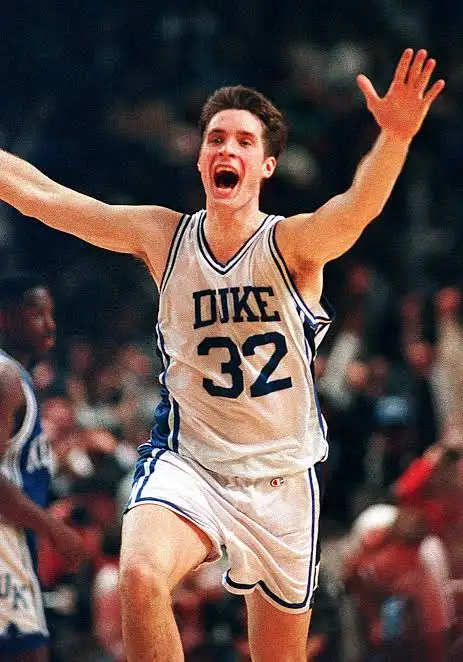
His collegiate career at Duke from 1988 to 1992 was a masterclass in sustained excellence. The Blue Devils made four consecutive Final Four appearances, a feat of consistency almost unheard of in modern college basketball. Laettner was the lynchpin of the program, a 6’11” forward with the versatility to play inside and out. His career averages of 16.6 points and 7.8 rebounds per game don’t fully capture his impact. It was his senior season that was the culmination of his talent and leadership, where he averaged 21.5 points and 7.9 rebounds per game, a performance that earned him every major national player of the year award, including the Naismith and John R. Wooden awards.
But the argument for Laettner’s greatness isn’t just about statistics or hardware. It’s about the moments. It’s about his clutch performance in the 1991 National Championship against Kansas, and more famously, “The Shot.” The iconic buzzer-beater against Kentucky in the 1992 East Regional Final is perhaps the single most famous play in the history of the NCAA Tournament. The image of Laettner, catching a full-court inbound pass, dribbling once, and sinking a fadeaway jumper as time expired is seared into the minds of basketball fans everywhere. That one moment, a blend of skill, poise, and audacious confidence, encapsulates why Laettner’s legacy is so potent. He didn’t just win; he authored unforgettable chapters of college basketball lore.
The selection process was a testament to the incredible careers of the other players considered. It’s a debate that highlights the vast differences in the game over the decades.
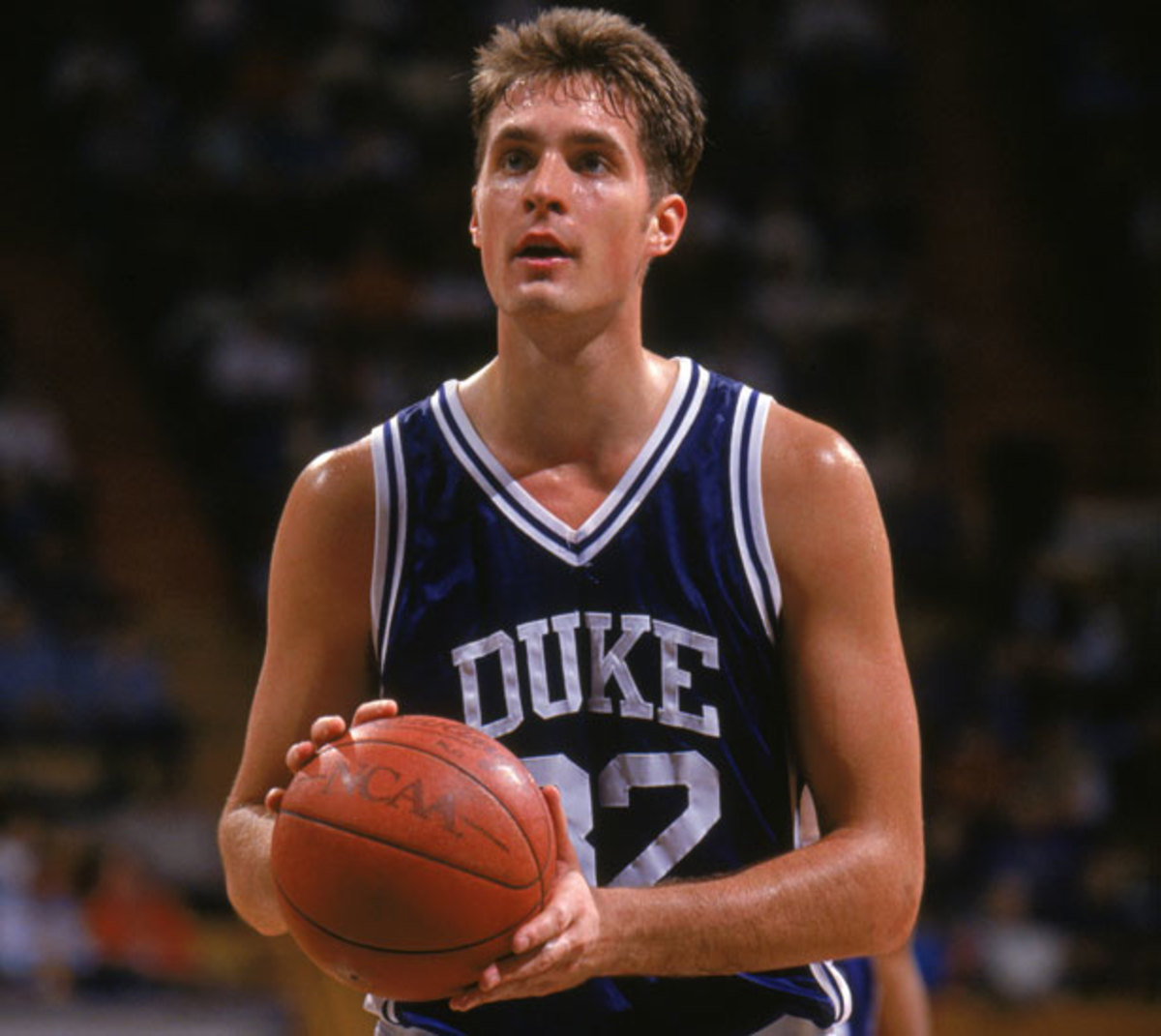
The Case for Austin Carr
Before there was “The Shot,” there was Austin Carr. The Notre Dame star’s career was a scoring exhibition unlike anything seen at the time. Nicknamed “The Original A.C.”, Carr’s scoring records were truly staggering. In an era before the three-point line, Carr averaged 34.6 points per game over his three-year career, a figure second only to the legendary Pete Maravich. His single-game NCAA Tournament record of 61 points against Ohio University in 1970 remains unbroken, a testament to his pure offensive talent. Carr led the Irish to a historic upset over top-ranked UCLA, but his case for GOAT status is rooted primarily in his statistical dominance and individual scoring prowess. He was a one-man show, an offensive machine who brought national prominence to Notre Dame.
The Case for Kenny Walker
Kenny “Sky” Walker’s case is one built on athleticism, defensive intensity, and a relentless will to win. As a two-time SEC Player of the Year at Kentucky, Walker was the face of the Wildcats’ program in the mid-1980s. He was a force on both ends of the court, earning a consensus First-Team All-American nod his senior year. His career averages of 15.8 points and 7.1 rebounds per game are solid, but they don’t capture the sheer ferocity he played with. Walker’s reputation was built on his ability to elevate his teammates and dominate games with his physical, no-nonsense style. While he never won a national championship, his impact on Kentucky basketball and his status as a premier player of his era is undeniable.
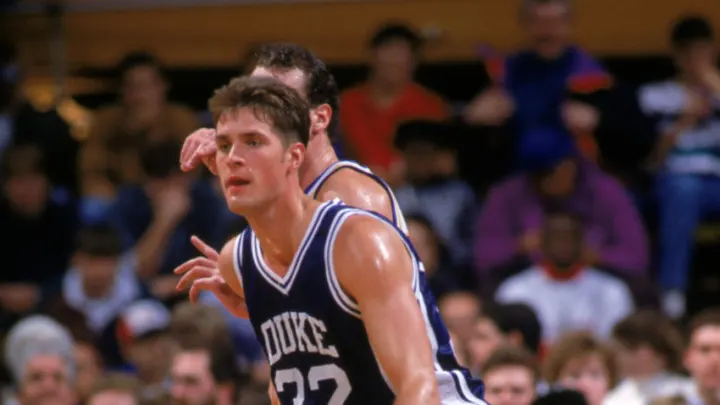
The Case for Jerry Lucas
For many basketball purists, Jerry Lucas of Ohio State holds the strongest claim. The term “dominant” barely scratches the surface of his career. Lucas was a two-time NCAA Player of the Year, a three-time consensus All-American, and led the Buckeyes to a national championship in 1960 and two more Final Fours. What truly sets him apart, however, is his rebounding. He averaged an astonishing 17.2 rebounds per game for his career, a number that seems impossible in the modern game. His relentless work on the boards, combined with his high-efficiency scoring (24.3 points per game) and a unique over-the-shoulder shot, made him an unstoppable force. Lucas’s legacy is a testament to fundamental greatness and sustained, unparalleled dominance at the college level.
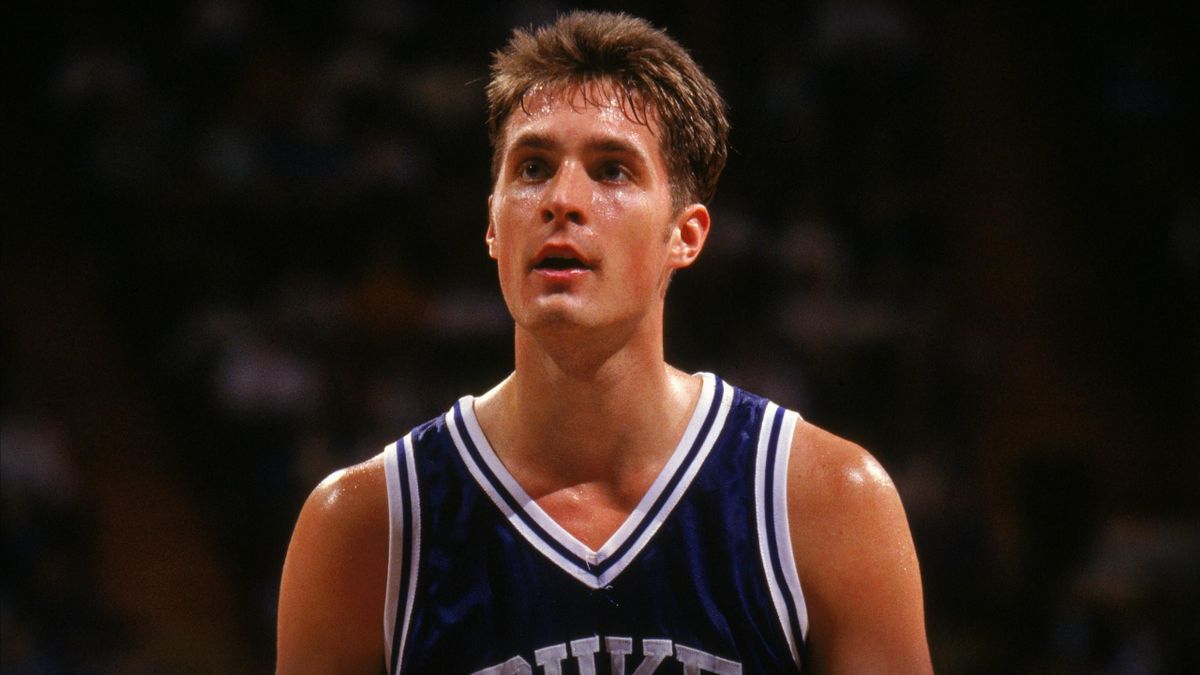
While the arguments for Carr, Walker, and Lucas are robust, Laettner’s claim ultimately rested on his perfect synthesis of all of their attributes. He wasn’t the same kind of prolific scorer as Carr, nor did he have the same kind of pure rebounding numbers as Lucas. But he had both. He was a champion like Lucas, but with even more championships and a more iconic tournament resume. He played with intensity like Walker, but did so on the biggest stage and in the most critical moments. Laettner’s two national titles, his four Final Four appearances, his full suite of national awards, and his enduring, legendary highlight reel proved to be the winning combination. The debate will surely continue, but for now, the crown belongs to Christian Laettner.
